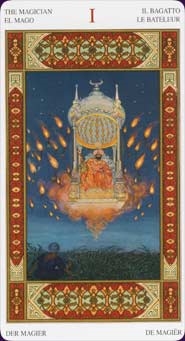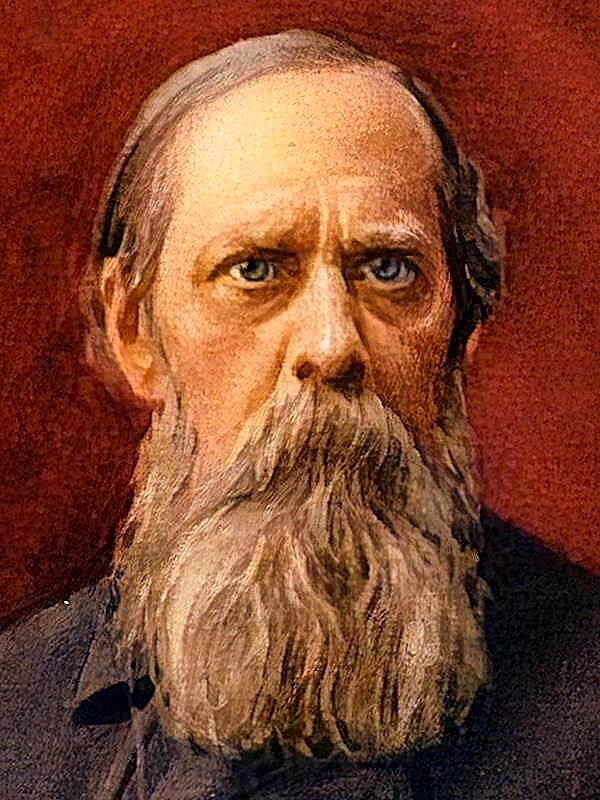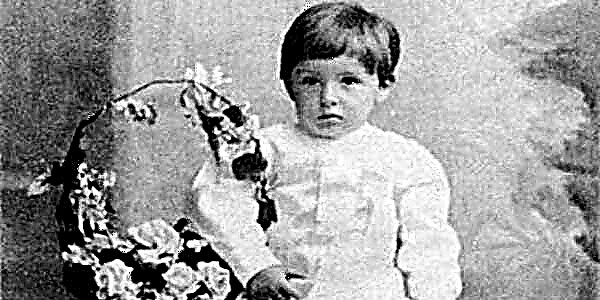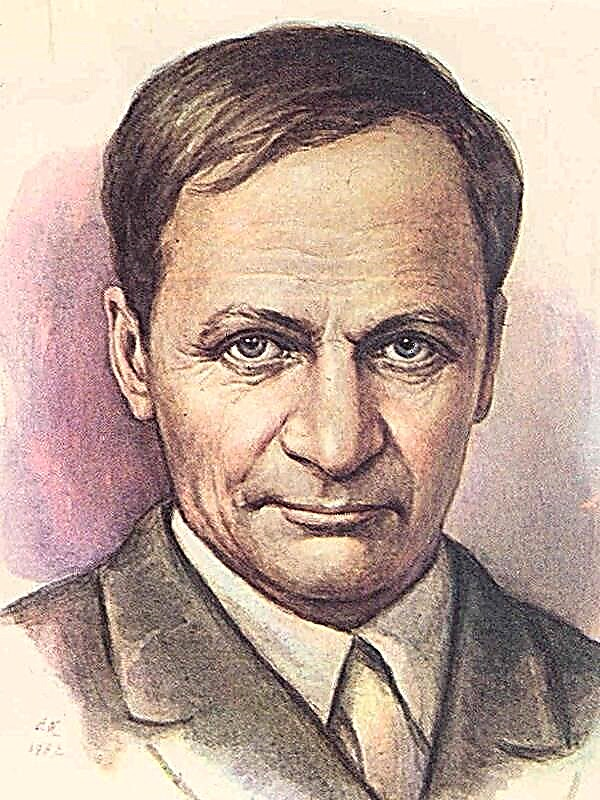: 1941-42 Three fellow soldiers who went through the first years of the war together defend the crossing of the Soviet troops across the Don. Their regiment fulfills the task with honor, having managed to preserve the regimental banner.
Only 117 soldiers and commanders survived from the entire regiment in the battle for the farm of Old Ilmen. Now these people, exhausted by three tank attacks and an endless retreat, wandered along the sultry, waterless steppes. The regiment was lucky only in one thing: the regimental banner survived. Finally, we reached the farmstead, "lost in the boundless Don steppe", gladly saw the surviving regimental kitchen.
Drinking brackish water from the well, Ivan Zvyagintsev started a conversation with his friend Nikolai Streltsov about the house and family. Having suddenly opened up, Nikolai, a tall, prominent man who worked as an agronomist before the war, admitted that his wife had left him and left two small children. The former combine and tractor operator Zvyagintsev also had family problems. His wife, who worked as a tractor trailer, “got spoiled through fiction”. Having read women's novels, the woman began to demand "high feelings" from her husband, which led him to extreme irritation. She read books at night, so she went sleepy during the day, the farm became desolate, and the children ran like homeless children. And she wrote letters to her husband such that friends were ashamed to read. She called the brave tractor driver either a chicken or a cat, and wrote about love with “book words” that made Zvyagintsev create “fog in the head” and “whirling in the eyes”.
While Zvyagintsev complained to Nikolai about his unhappy family life, he fell asleep soundly. Waking up, he smelled the burnt porridge and heard the armor-piercer Pyotr Lopakhin quarrel with the cook - with him Peter was in constant confrontation because of the fresh porridge, which was already pretty annoying. Nikolai met Lopakhin in the battle for the Bright Way collective farm. Peter, a hereditary miner, was a cheerful person, loved to make fun of friends and sincerely believed in his male irresistibility.
Nicholas was oppressed by the endless retreat of the Soviet troops. Chaos reigned on the front, and the Soviet army could not organize a worthy rebuff to the Nazis. It was especially difficult to look into the eyes of people who remained in the German rear. The local population treated the retreating soldiers as traitors. Nikolai did not believe that they would be able to win this war. Lopakhin believed that the Russian soldiers had not yet learned how to beat the Germans, did not accumulate the anger that would be enough to win. Here to learn - and they will chase the enemy home. In the meantime, Lopakhin was not discouraged, joked and looked after pretty nurse.
After swimming in the Don, friends caught crayfish, but they didn’t have a chance to try it - "from the west came a familiar, moaning rumble of artillery fire." Soon, the regiment was alerted and ordered to "take up defenses at a height beyond the farm, at the crossroads", and hold on to the last.
It was a tough fight. The remains of the regiment had to be held by enemy tanks, striving to break through to the Don, where the crossing of the main troops took place. After two tank attacks, the heights began to be bombed from the air. Nikolai was very shell-shocked by a shell bursting nearby. When he woke up and got out from under the earth that was falling asleep, Streltsov saw that the regiment had launched an attack. He tried to get out of a deep, in human growth, trench, but could not. He was covered with "saving and long unconsciousness."
The regiment again retreated along the road, surrounded by burning bread. Zvyagintsev had a pain in his soul at the sight of the people's wealth dying in the fire. In order not to fall asleep right on the go, he began to mumble the Germans with the last words. Lopakhin heard the mumble and at once began to mock. Now there are two friends left - Nikolai Streltsov was found wounded on the battlefield and sent to the hospital.
Soon, the regiment again defended at the approaches to the crossing. The defense line passed near the village. Having pulled out his shelter, Lopakhin spotted a long tiled roof nearby and heard female voices. It turned out to be a dairy farm, the inhabitants of which were preparing for evacuation. Here Lopakhin got hold of milk. He did not have time to go for butter - an air raid began. This time the regiment was not left without support, the soldier was covering the anti-aircraft complex. One German plane Lopakhin shot down from his armor-piercing gun, for which he received a glass of vodka from Lieutenant Goloshchekov. The lieutenant warned that the battle was going to be difficult, he had to stand to death.
Returning from the lieutenant, Lopakhin barely managed to run to his trench - the next air raid began. Using the cover from the air, German tanks crawled into the trenches, which were immediately covered with fire regimental artillery and anti-tank battery. Until noon, the soldiers repelled the "six fierce attacks." The brief lull seemed to Zvyagintsev unexpected and strange. He missed a friend Nikolai Streltsov, believing that it was impossible to talk seriously with such an inveterate goggle like Lopakhin.
After some time, the Germans began artillery preparation, and a fierce flurry of fire fell on the front edge. Under such dense fire Zvyagintsev was not for a long time. Shelling continued for about half an hour, and then the German infantry, covered by tanks, moved to the trenches. Ivan was almost delighted with this visible, tangible danger. Ashamed of his recent fright, he joined the battle. Soon the regiment went on the attack. Zvyagintsev managed to run away from the trench only a few meters. Behind it was a deafening thunder, and he fell, mad with terrible pain.
“Exhausted by unsuccessful attempts to seize the crossing,” the Germans stopped attacks by evening. The rest of the regiment received orders to retreat to the other side of the Don. Lieutenant Goloshchyokin was seriously injured, and the command was taken by foreman Poprishchenko. On the way to the dilapidated dam, they fell under German shelling two more times. Now Lopakhin was left without friends. Next to him was only Alexander Kopytovsky, the second number of his calculation.
Lieutenant Goloshchyokin died without crossing the Don. He was buried on the banks of the river. It was hard on Lopakhin's heart. He was afraid that the regiment would be sent to the rear for reformation, and he would have to forget about the front for a long time. This seemed unfair to him, especially now that every fighter was counted. On reflection, Lopakhin went to the foreman's dugout to ask that he be left in the army. On the way, he saw Nikolai Streltsov. Rejoiced, Peter called out to his friend, but he did not look back. It soon became clear that Nikolai was deaf from shell shock. After lying down a bit in the hospital, he fled to the front.
Ivan Zvyagintsev woke up and saw that there was a battle going on. He felt severe pain and realized that his whole back was dissected by fragments of a bomb exploding from behind. He was dragged along the ground in a raincoat. Then he felt that he was falling somewhere, hit with his shoulder and again lost consciousness. When he woke up a second time, he saw the nurse's face above him — she was trying to drag Ivan to the medical battalion. It was hard for a small, fragile girl to drag a massive Zvyagintsev, but she did not abandon him. In the hospital, Ivan quarreled with the orderly, who had ordered his shafts of completely new boots, and continued to curse while the tired surgeon removed fragments from his back and legs.
Like Lopakhin, Streltsov also decided to stay at the front - not for that he escaped from the hospital in order to sit out in the rear. Soon Kopytovsky and Nekrasov, a middle-aged, phlegmatic soldier, approached their friends. Nekrasov was not at all opposed to being reorganized. He planned to find an accommodating widow and take a break from the war. His plans infuriated Lopakhin, but Nekrasov did not curse, but calmly explained that he had a "trench disease", something like sleepwalking. Waking up in the morning, he more than once climbed into the most unexpected places. Once he even managed to get into the furnace, decided that he was inundated with an explosion in the trench, and began to call for help. It was from this illness that Nekrasov wanted to move away in the arms of a rich rear widow. His sad story did not touch the angry Lopakhin. He reminded Nekrasov of his family, who had remained in Kursk, whom the Nazis would get to if all the defenders of the Motherland began to think about rest. Upon reflection, Nekrasov also decided to stay. Sasha Kopytovsky did not lag behind friends.
The four of them came to the dugout of the foreman Poprishchenko. The soldiers of the regiment had already managed to annoy the foreman with requests to leave them at the front. He explained to Lopakhin that their personnel division was “well-worn and persistent”, preserving the “battle shrine - the banner”. Such soldiers will not remain idle. The foreman has already received an order from the major "to go to the Talovsky farm", where the division headquarters was located. There, the regiment will be replenished with fresh forces and sent to the most important section of the front.
The regiment went to Talovsky, spending the night in a small farm. The foreman did not want to bring hungry and ragged fighters to the headquarters. He tried to get supplies from the chairman of the local collective farm, but the pantries were empty. Then Lopakhin decided to take advantage of his male attractiveness. He asked the chairman to lodge them with some non-poor soldier who looked like a woman and not older than seventy. The landlady turned out to be a burly woman of about thirty incredibly tall. Short Lopakhin delighted her with becoming, and at night he went on an attack. Peter returned to his comrades with a black eye and a lump on his forehead - the soldier turned out to be a faithful wife. Waking up in the morning, Lopakhin discovered that the hostess was preparing breakfast for the entire regiment. It turned out that the women remaining in the farm decided not to feed the retreating soldiers, considering them traitors. Upon learning from the foreman that the regiment was retreating in battle, the women instantly collected provisions and fed the hungry soldiers.
Arriving at the division headquarters, the regiment was met by the division commander, Colonel Marchenko. Sergeant Major Poprishchenko brought 27 fighters - five of them lightly wounded. Having made a solemn speech, the colonel adopted the regimental banner that had already passed the First World War. When the colonel knelt in front of a raspberry cloth with a golden fringe, Lopakhin saw tears flowing down the elders' cheeks.


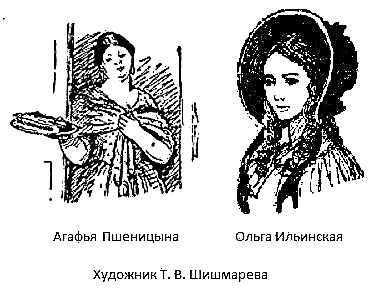
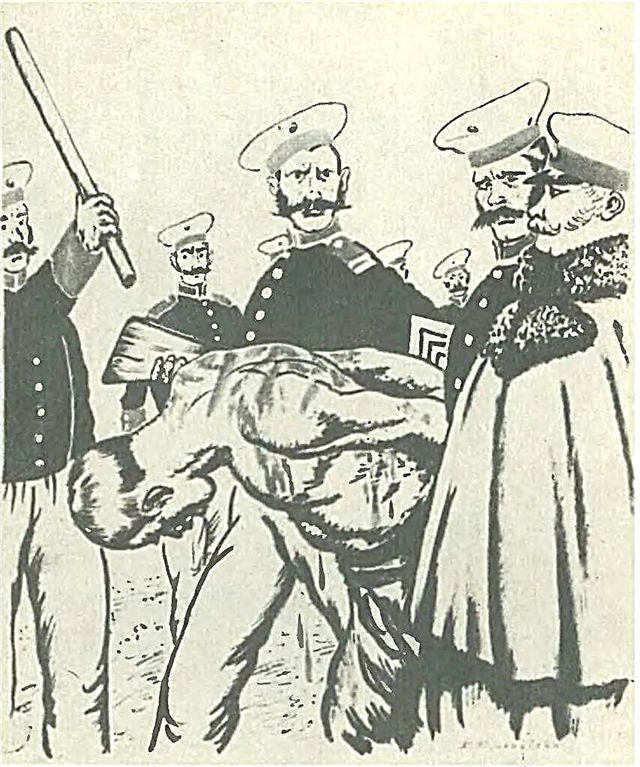
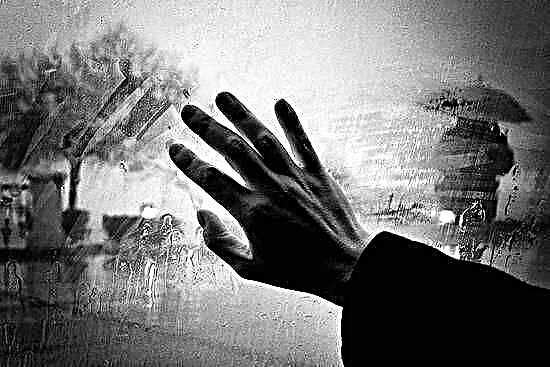
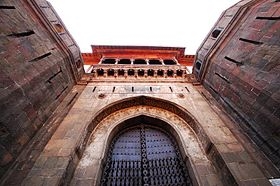

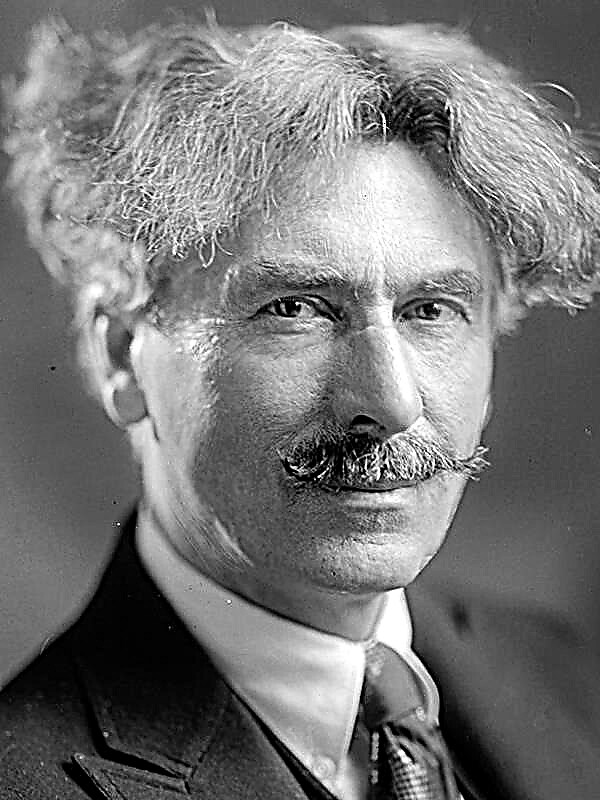
 Cut braid
Cut braid